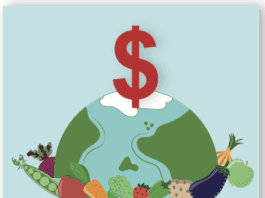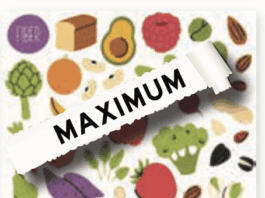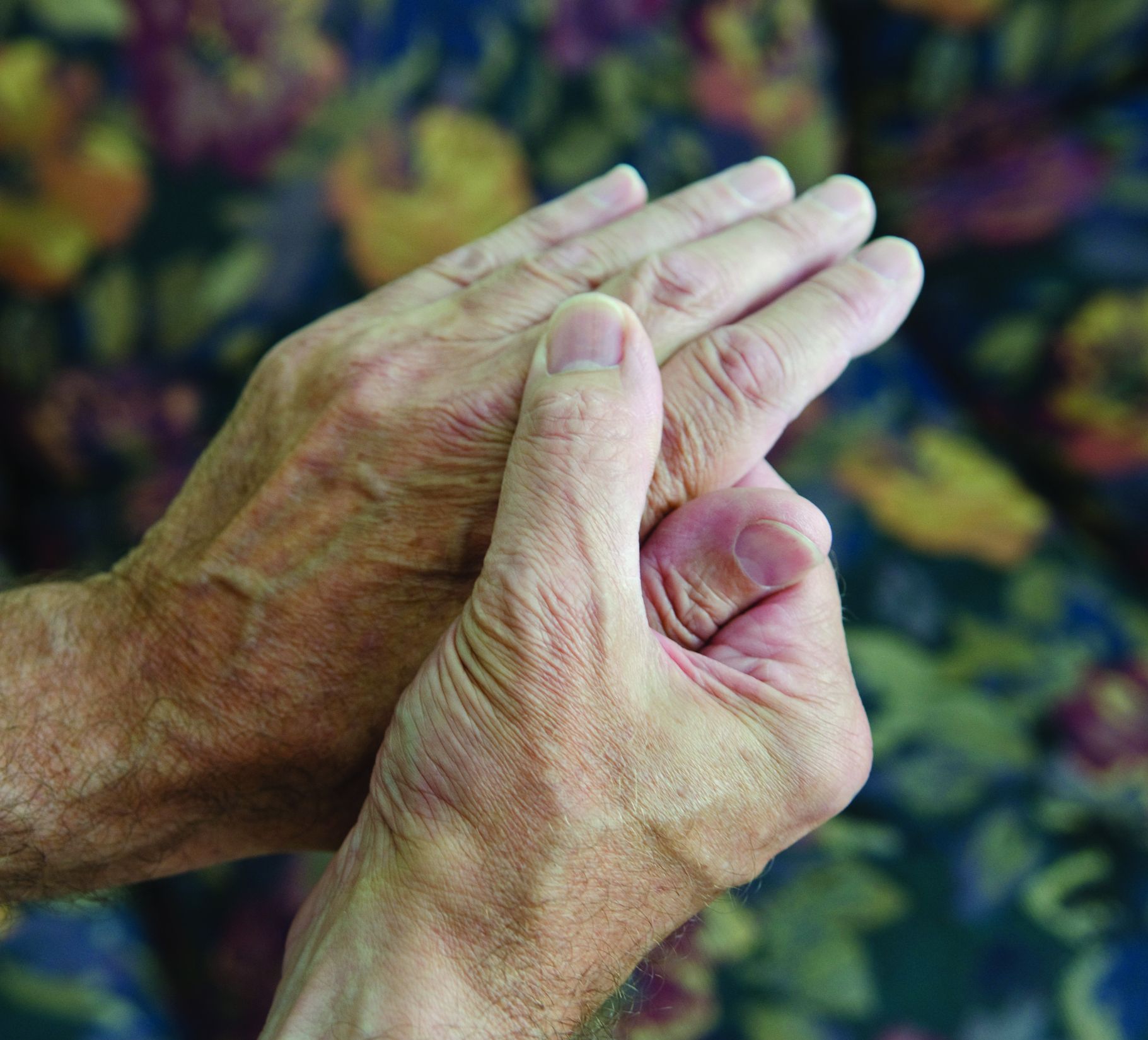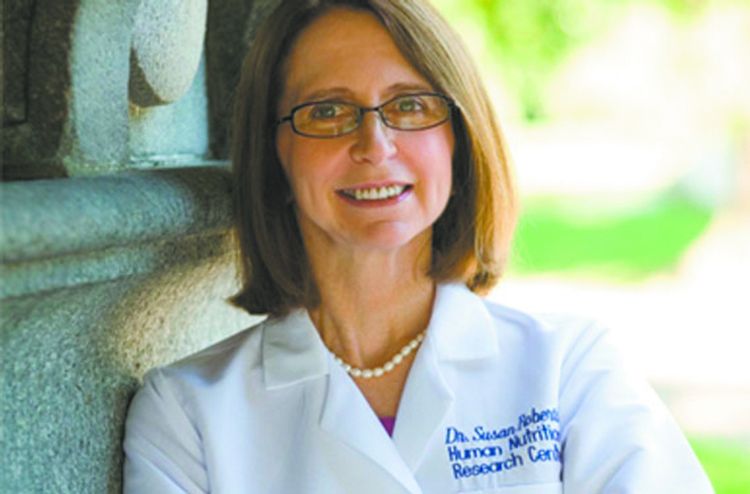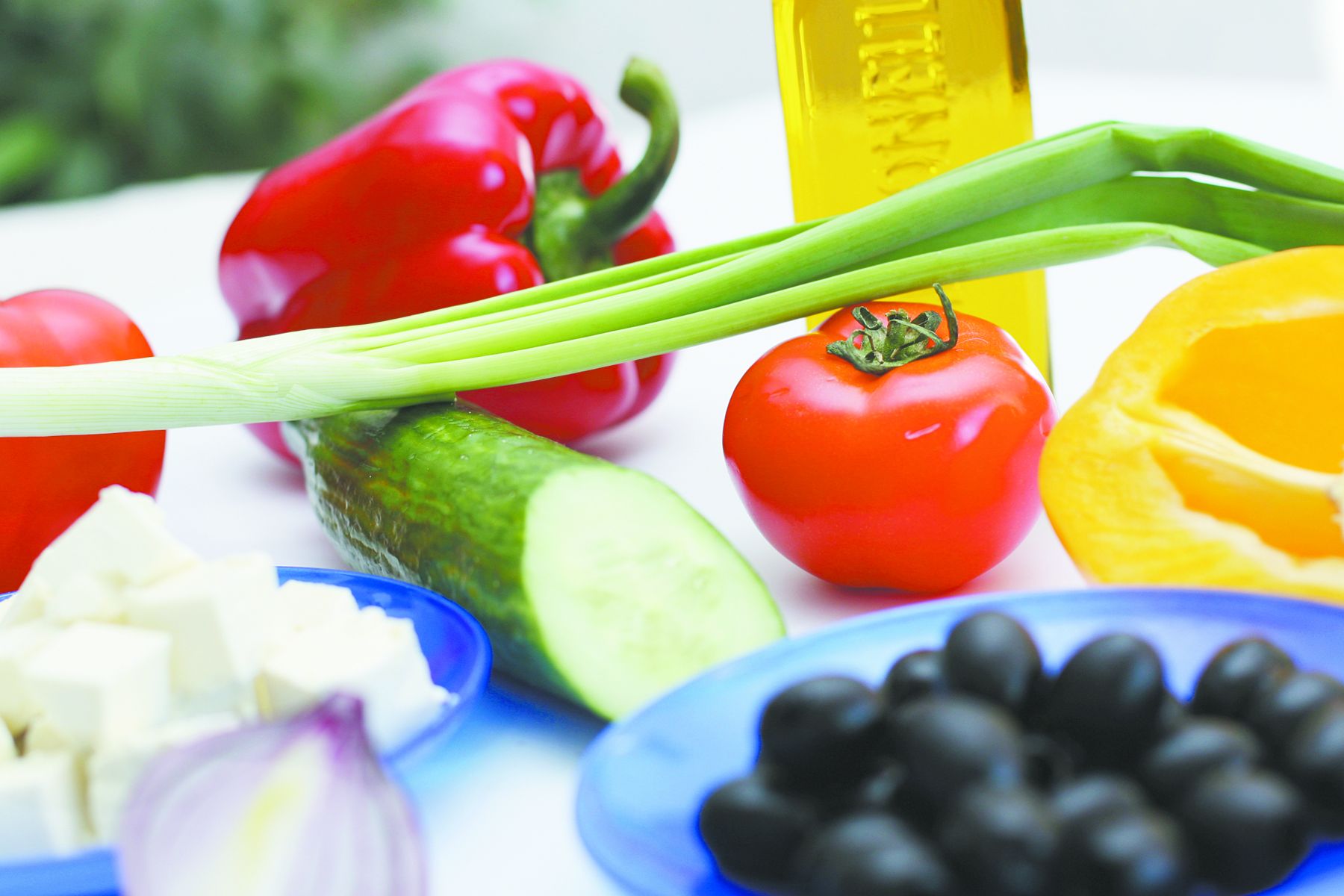Q. Ive read numerous articles about the benefits of drinking coffee; however, none of...
A. Jeffrey B. Blumberg, PhD, director of Tufts HNRCA Antioxidants Research Laboratory, replies: Casein, the protein in cows milk, does bind to chlorogenic acids, the principal bioactive constituents of coffee (other than caffeine). Depending on the amount of milk added to the coffee, this may decrease the absorption of chlorogenic acids into the body, although its ultimate impact on antioxidant activity or other actions is not clear. There do not appear to be any human…
Eating Right for Healthy Joints
With some 50 million Americans afflicted by arthritis, chances are that even if you dont suffer from the disease, your spouse or someone else close to you does. But theres hope for this painful condition. Arthritis patients have a range of medications available, and today most know the benefits of exercise for improving their condition. While once arthritis sufferers were told rest is best, research at Tufts and elsewhere has shown that strength training in particular can help prevent and reduce arthritis symptoms.
Q. I am unable to eat chocolate or drink coffee or tea with caffeine,...
ADiane McKay, PhD, a scientist in Tufts HNRCA Antioxidant Nutrition Laboratory, answers: Since carob and chicory are plant-based, they both contribute to our daily intake of phytochemicals. Chicory (Cichorium intybus) is one of the richest dietary sources of caffeic acid (not to be confused with caffeine), while carob (Ceratonia siliqua) is high in tannins, as well as the minerals calcium and potassium. …
Q. Does the magnesium content of frozen spinach differ from that of fresh?
A. Adela Hruby, PhD, MS, MPH, who recently completed an American Heart Association Predoctoral Fellowship at Tufts Friedman School, responds: According to the USDA Nutrient Database, per gram, both raw spinach and frozen spinach (unprepared or prepared by boiling and draining), contain around the same amount of magnesium (about 75-82 milligrams per 100 grams of spinach). However, if you go by a typical serving of one cup, rather than by weight, then frozen spinach, because its…
Q. How are multivitamins made and how do the vitamins get into the body...
A. Brittany Loriquet, a dietetic intern in Tufts Frances Stern Nutrition Center, explains: Vitamins can be derived from food products or produced synthetically in a lab. Most multivitamins are made from synthetic vitamins, which are cheaper and easier to use than those from natural foods. There is no difference in the chemical structure between the synthetic form and naturally derived forms. To make a multivitamin, the vitamins and minerals are ground into a fine powder. …
Q. Is brown spaghetti higher in vitamins and other nutrients than regular white spaghetti,...
A. Lisa Massini, a dietetic intern at Tufts Frances Stern Nutrition Center, answers: Whole-grain pasta is naturally darker than white refined pasta due to the bran (the hard, fibrous outer layer of a grain) that it contains. This color difference is not due to added colors. Whole-grain pasta contains a significantly larger amount of fiber than white pasta (6 grams per serving versus 2 grams serving). It is also richer in iron and magnesium; however,…
Q. I enjoyed your Special Report on food-drug and supplement-drug interactions (May), which states...
A. Our source for this information was the National Library of Medicines MedlinePlus, which explains: Warfarin (Coumadin) is used to slow blood clotting. There are several reports showing that taking glucosamine hydrochloride with or without chondroitin increases the effect of warfarin (Coumadin) on blood clotting. This can cause bruising and bleeding that can be serious. Dont take glucosamine hydrochloride if you are taking warfarin (Coumadin).…
Q. Do you have any information regarding the prickly pear cactus and claims that...
A. Erika Hval, a dietetic intern at Tufts Frances Stern Nutrition Center, answers: The prickly pear cactus, sometimes referred to as the cactus pear (Optunia spp.), has been touted for a variety of health-related benefits from treating diabetes to alleviating alcohol-induced hangover symptoms. Found in Mediterranean and subtropical African and American zones, cactus pear plants are characterized by flattened stems (cladodes) and brightly colored, sweet-tasting fruits. In general, the stems supply high amounts of pectin…
Secrets to Healthy Holiday Eating
No wonder we think about eating when the calendar turns to the holiday season. Even the songs about the holidays are filled with references to food and drink: chestnuts roasting on an open fire, figgy pudding, wassail, latkes, candy canes. We go over the river and through the woods to grandmothers house in a song that ends, Hurrah for the pumpkin pie! When grandma gets run over by a reindeer in another song, its because shes been drinking too much eggnog.
Mediterranean Diet: Health vs. Hype
As a reader of this newsletter, you know that the Mediterranean diet has been associated with a wide range of health benefits. Most recently, weve reported on findings from the Spanish PREDIMED study linking such a diet to reduced risk of heart disease (June 2013) and cognitive decline (August 2013). Other studies have suggested preventive benefits against certain cancers, diabetes, Parkinsons disease and depression. The Dietary Guidelines for Americans recommends the Mediterranean diet as one…






















